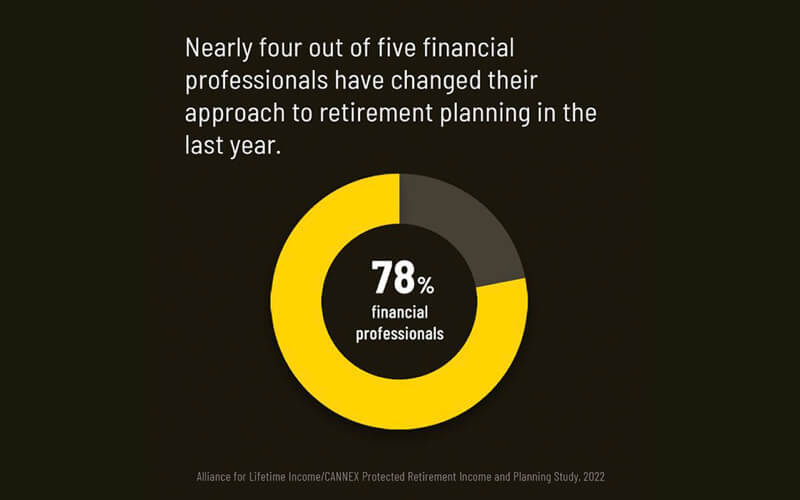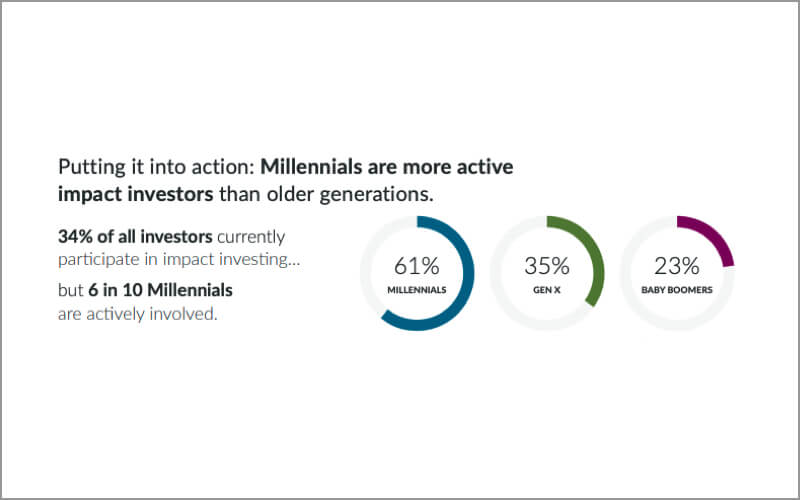The 2018 CFSI EMERGE Financial Health Forum, a conference that took place in early June in LA, again fulfilled its mission to inspire and inform on the topic of financial inclusion. Speakers at this annual conference often bring to life the challenges of financial insecurity in America, outlining critical imperatives and spotlighting solutions and who’s working on them.
Financial Insecurity: The Challenge
CFSI head Jennifer Tescher framed this year’s theme with examples of the “democratization of financial insecurity” in America. She cited two recent studies. The first was the Federal Reserve survey showing nearly half of Americans within a few hundred dollars of personal financial crisis. The second was the American Psychology Association’s stress survey that found two-thirds of Americans are stressed about paying bills. She framed the challenge as encompassing not just day-to-day financial management but also the need for financial resilience. The goal is not for Americans simply to cope but to be better positioned to realize financial opportunities.
NPR MarketPlace’s Kai Ryssdal described how his broadcast is documenting the continuing effect, ten years later, of the Great Recession. PayPal CEO Dan Schulman drew a link between the widespread financial stress and the growth of political divisions. These speakers and others underlined the emotional uncertainties triggered by financial stress. Their observations align with the search for stability that we found in our Motivations Assessment Program (MAP™) and wrote about in our eBook Americans and Their Money.
Financial Insecurity: Imperatives
When it came to imperatives, the conference theme took an interesting turn. One clear imperative is the need for broader recognition and definition of the financial insecurity crisis. A second is the need to rebuild trust in institutions across the board, not just financial institutions. Ryssdal crystalized a third imperative, emphasizing the need for companies to not simply take action through their corporate social responsibility arms but by living and affirming the values of their organizations. While speaking about the short-term financial emphasis of markets, he pointed out that there’s no “rule” that says shareholder interests should always outweigh those of customers, employees and other constituents.
Financial Insecurity: Solutions and Inspiration
Solutions to the knotty challenge of Americans’ financial insecurity come in many forms. One highlighted enterprise was Aspiration, a financial services organization that provides feedback on the ethics of organizations. Their tools help individuals make a stronger link between their financial decisions and what’s happening in the world around them. As spokesman Andrei Cherney put it, the purpose is to “help customers make money and make a difference; turn quiet dollars into a moral voice.”
Another inspiring solution came from G. Kenneth Patrick of Fiserv, who commented on inclusion in financial institutions’ innovation and design environment. Patrick reflected on how the conversation among and within these institutions has evolved over the last decade. Organizations are thinking much more about how they can break down traditional barriers that hinder some people from taking advantage of financial tools. This marks a dramatic change from a conversation that used to begin and end with the constraints of rigid financial structures.
The inspirational highlight of this conference came with an award to PayPal CEO Schulman. Schulman was honored for taking a corporate stand against bias and discrimination, as demonstrated by its response to the North Carolina “bathroom bill”. Answering a question about how shareholders reacted to the stance, which evoked both praise and criticism, Schulman said, “When I describe to shareholders why we took the stance we did, I tell them they should thank me for taking that action.” He emphasized that the organizational vision of PayPal is the democratization of payments, asserting that such a vision requires an inclusive corporate posture.
Financial inclusion is a perennial challenge across many nations, but a challenge that has become acute in the U.S. over the last several years. It was inspiring to see a large number of people across multiple sectors of the economy working together, using new tools and paradigms to overcome the issues that can make financial stress so debilitating.




